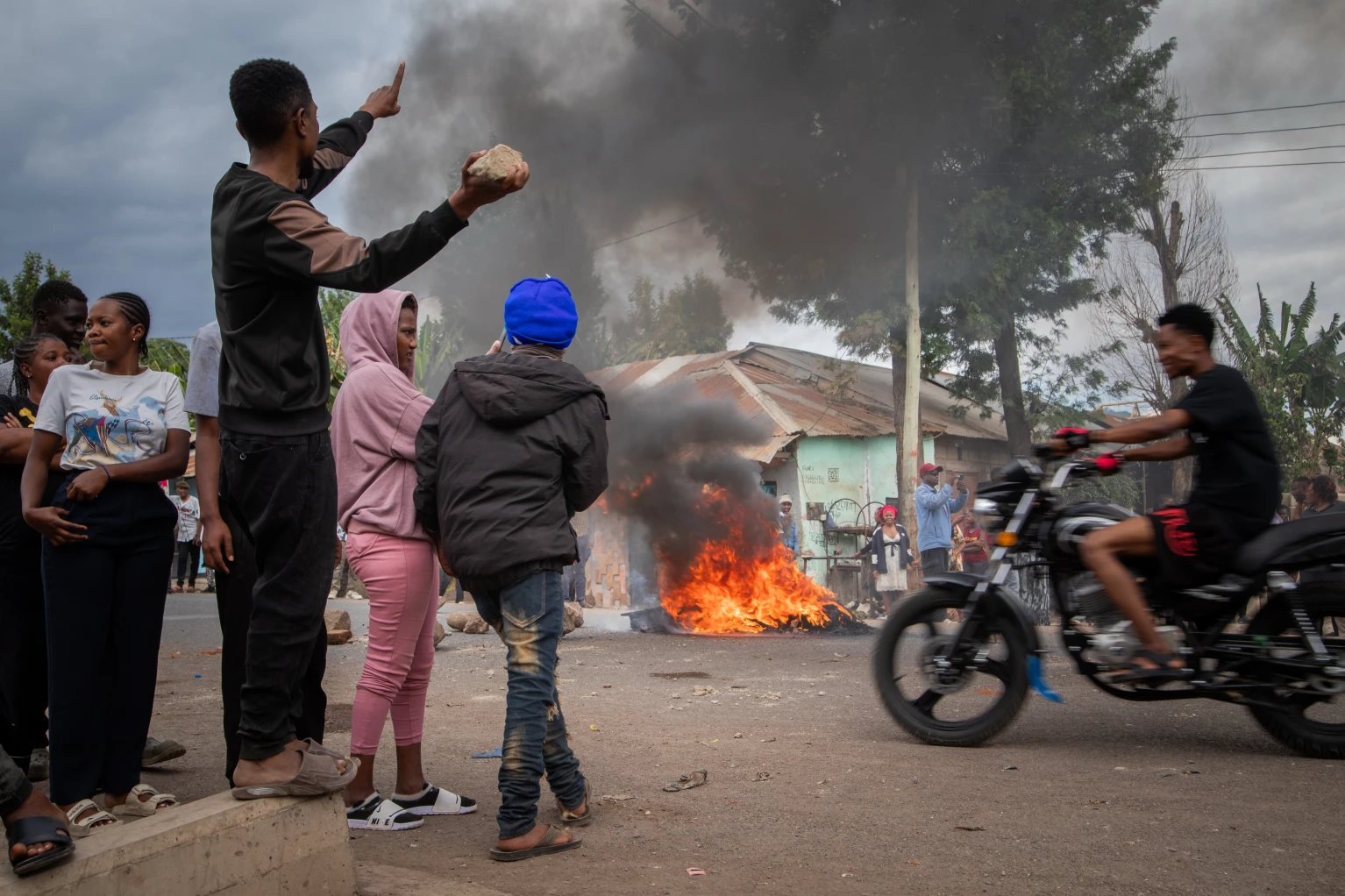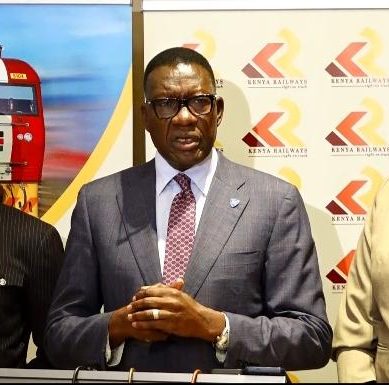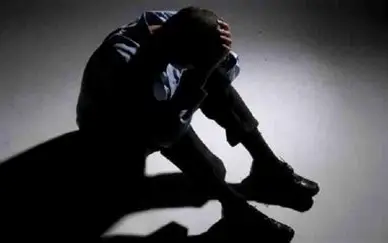
At least 100 people in Tanzania face the death penalty if convicted of treason in the wake of the controversial win of the October 29 presidential election by Samia Suluhu Hassan of Chama Cha Mapinduzi (CCM).
It also emerged that more than 3,000 may have been killed by police and the military during the bloody violence.
On Friday prosecutors charged dozens of people with treason over their alleged roles in violence surrounding the country’s disputed election.
According to Section 39 (2) (d) of Tanzania’s Penal Code, treason is a non-bailable offence that carries an automatic death penalty upon conviction.
In an intriguing scenario, the treason cases – capital offences – are being heard by primary courts. In Commonwealth jurisdiction capital offences like treason are heard by the high court or a superior court.
While the exact number of people charged with treason was not immediately, media interviews with court clerks gave varying figures – between 100 and 145. If confirmed the figures could be the highest ever handled by an African court in one swoop.
According to Reuters, “Prosecutors in Tanzania charged at least 145 people with treason on Friday for alleged involvement in violent protests that broke out during last week’s presidential and parliamentary elections, according to court filings.”
The main opposition party, Chadema, and some human rights activists say that security forces killed more than 1,000 people. The government has called those numbers exaggerated without offering its own death toll.
On Friday, though, Amnesty International and Human Rights Watch, said in Kenyan capital that at least 3,000 were extra-judicially killed and disposed of in unmarked mass gives, especially in the capital Dar es Salaam.
Other accounts showed the charge sheet identified 76 suspects accused of intending to obstruct the October 29 election “for the purpose of intimidating” the authorities in Dar es Salaam, the commercial capital.
In addition to treason, the suspects also face criminal conspiracy charges.
The charges are the first against people accused of having participated in the protests. A church leader said the move would only deepen the acrimony sparked by the election.
Religious leaders and others have urged the government to try to reconcile with political opponents and protesters. The government’s spokesperson did not respond to a call and text message seeking comment.
The filings in the resident magistrate court of Dar es Salaam said the accused “formed an intention to obstruct the 2025 general election for the purpose of intimidating the Executive of the Republic of Tanzania” and caused damage to government properties.
Tanzania is reeling from violence following an election that international observers say fell short of a free and fair vote. The authorities face questions over the death toll after security forces tried to quell riots and opposition protests in the East African country.
The main opposition party, Chadema, has claimed that more than 1,000 people were killed and said Tuesday that security forces were trying to hide the scale of the deaths by secretly disposing of the bodies.
Amnesty International and Human Rights watch said on Friday that at least 3,000 people were killed by the police during the post-election violence. The dead, the two organisations said in the Kenyan capital, Nairobi, were being disposed of in mass graves at undisclosed sites.
AP reports that President Samia Suluhu Hassan, who took office in 2021 after the death of her predecessor, took more than 97 per cent of the vote, according to an official tally.
Her main rivals, Tundu Lissu of Chadema and Luhaga Mpina of ACT-Wazalendo, were barred from running in what rights groups have called a climate of repression. There were enforced disappearances, arbitrary arrests and extrajudicial killings, according to Amnesty International. Tanzania’s government denies the claims.
The news agency adds that the African Union said this week that its observers had concluded the election “did not comply with AU principles, normative frameworks, and other international obligations and standards for democratic elections.”
AU observers reported ballot stuffing at several polling stations and cases where voters were issued multiple ballots. The environment surrounding the election was “not conducive to peaceful conduct and acceptance of electoral outcomes,” the statement said.
- A Tell Media report





